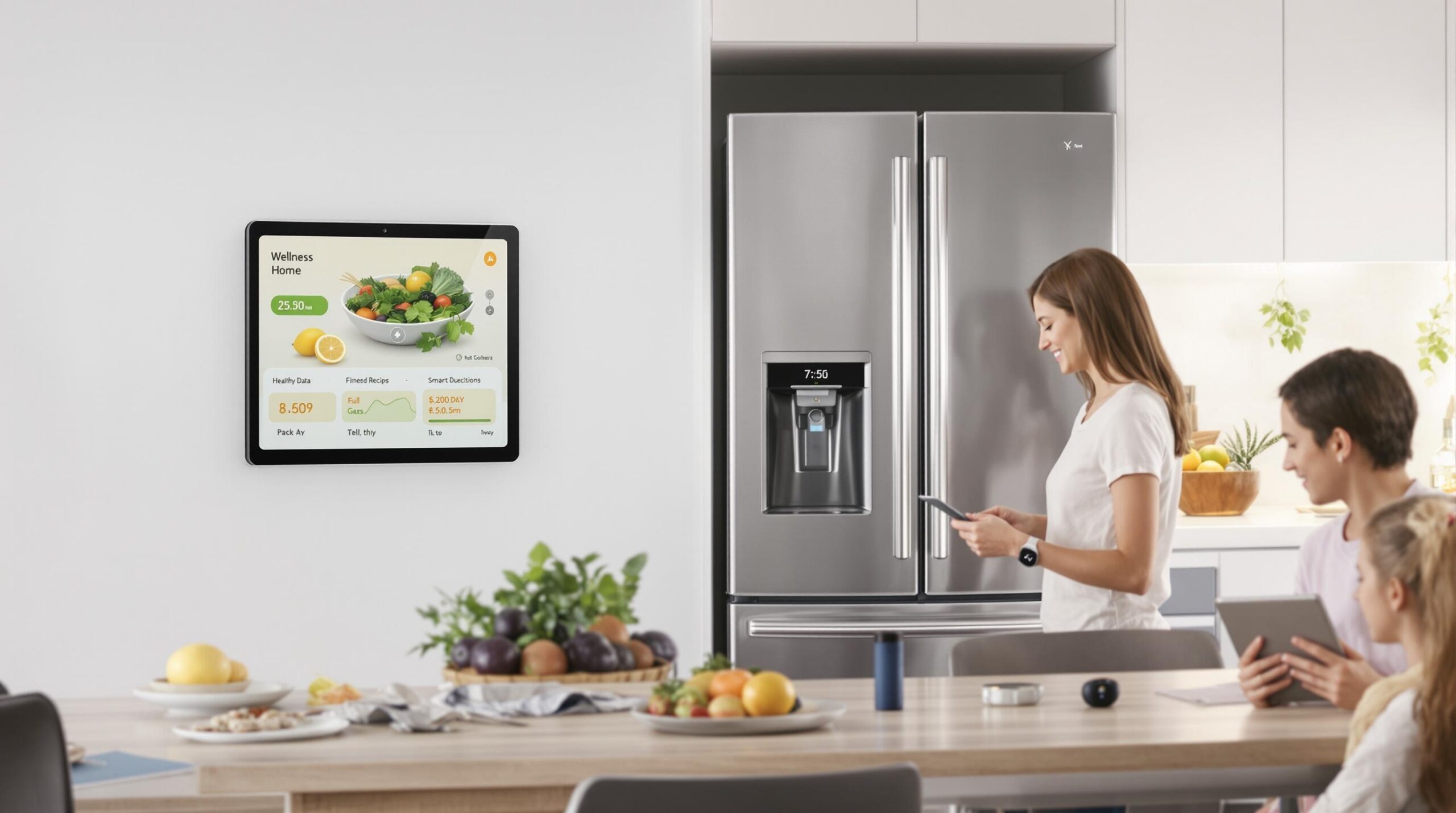Smart home technology is revolutionizing how we approach personal wellness. As these technologies evolve, they are becoming integral to daily routines. This transformation is resulting in more efficient and personalized wellness experiences. By seamlessly integrating with various aspects of our lives, smart devices are significantly impacting health practices and outcomes.
Personalized Health Monitoring
Smart devices like fitness trackers and smartwatches monitor health in real time. These gadgets gather data such as heart rate, sleep patterns, and physical activity levels. Analyzing this data helps individuals personalize their wellness routines. For example, tracking sleep patterns can provide insights into sleep quality. This information enables users to adjust, such as setting an earlier bedtime or purchasing a new mattress.
Devices also provide reminders to stay active throughout the day. They can alert users to move after prolonged sedentary periods. This promotes a more active lifestyle, improving cardiovascular health. As a result, individuals become more accountable for their health and wellness choices.
Nutrition and Diet Management
Smart technology aids in monitoring and managing dietary habits. Smart refrigerators keep track of their contents and notify users when items are about to expire. This reduces food waste and helps plan healthier meals. Some devices offer recipe suggestions based on available ingredients.
Personalized nutrition apps are increasingly popular. They analyze individual dietary needs and provide tailored meal plans. These apps often connect with grocery delivery services, streamlining the shopping process. Users can ensure their kitchens are stocked with nutritious foods that support their wellness goals.
Additionally, smart scales measure body composition metrics like body fat percentage and muscle mass. By integrating this data with food tracking apps, individuals receive a comprehensive analysis of their nutrition. This integration fosters informed decisions about diet and exercise.
Mental Wellness Enhancement
Mental wellness is a critical component of overall health, and innovative technology offers numerous tools to improve mental well-being. Meditation apps and connected devices like smart speakers guide users through mindfulness exercises. These practices reduce stress and promote relaxation.
Several apps feature mood tracking, allowing individuals to log emotions and identify patterns. Over time, this data helps recognize stressors, enabling proactive management. By recognizing these patterns, individuals can adopt coping strategies that maintain emotional balance. Moreover, virtual reality (VR) technology offers immersive experiences that promote relaxation and mental clarity.
Smart home systems also allow control of home environments to enhance mental wellness. Adjusting lighting, temperature, and sound can create calming spaces. These changes help individuals unwind after a busy day, enhancing mental health.
Fitness Integration
Smart home technology seamlessly integrates with fitness routines, making it easier to maintain consistent exercise regimes. Interactive workout programs are available on streaming platforms, providing access to various fitness classes. Users can participate in yoga sessions or high-intensity interval training (HIIT) workouts from home.
Smart fitness equipment, such as treadmills and stationary bikes, tracks workout performance in real time. The data collected offers insights into progress and areas for improvement. Integration with fitness apps allows for goal setting and progress tracking, motivating users to stay active.
Advanced AI-based personal trainers offer customized workout plans. These virtual trainers can adapt routines based on individual performance and goals. This personalization ensures users remain engaged and motivated. This approach results in more effective workouts and better health outcomes.
Sleep Optimization
Quality sleep is fundamental to wellness, and smart home technology provides tools to optimize sleep environments. Smart mattresses and pillows track sleep quality, including disruptions and sleep stages. They provide insights into factors affecting sleep, such as room temperature and noise levels.
Smart lighting systems offer features like sunset and sunrise simulations. These settings help regulate circadian rhythms, promoting better sleep. Some systems include smart alarms that wake users during lighter sleep, resulting in more restful awakenings.
Sleep-tracking apps integrate with these devices to provide comprehensive reports. Users can identify patterns impacting sleep quality, and adjust their routines accordingly. Improving sleep quality leads to enhanced overall wellness.
Transitioning to a Smarter Wellness Routine
Adopting smart home technology to improve wellness involves understanding the available options and selecting the right devices. This transition may require investment, but the benefits are substantial. Smart devices offer convenience, efficiency, and personalization that traditional methods lack.
With smart technology’s increasing availability and affordability, integrating these devices into daily routines is more achievable. As technology evolves, we can expect even more advanced options. These innovations will continue to enhance wellness routines and improve health outcomes.
Smart home technology is not just a trend; it is a shift toward more informed, health-conscious lifestyles. Embracing this technology offers the potential for smarter, improved personal wellness. By incorporating these tools into daily life, individuals can develop healthier habits and achieve long-term wellness goals.


